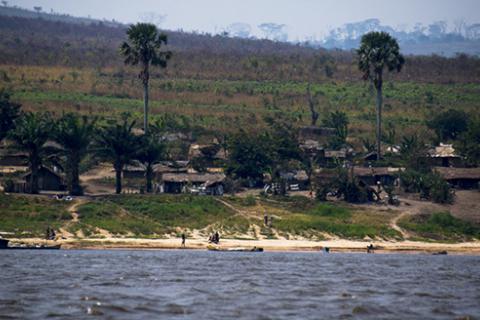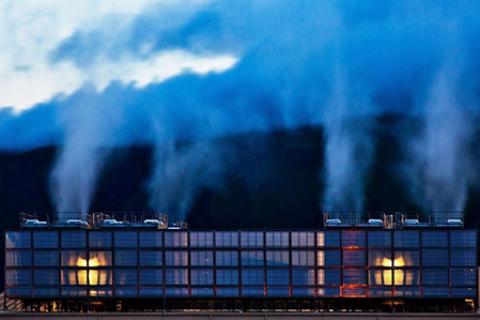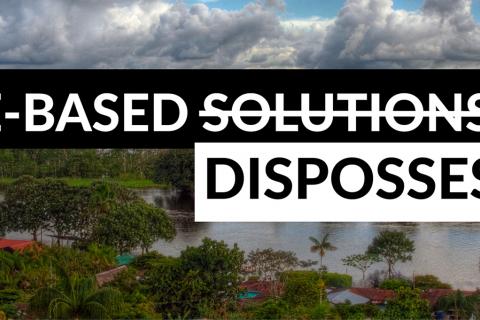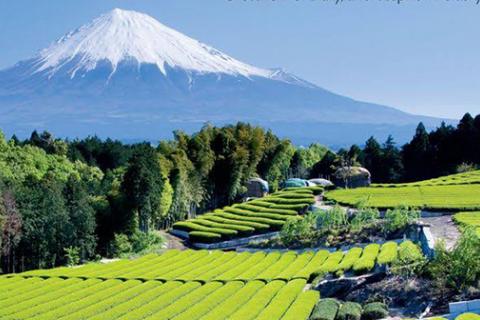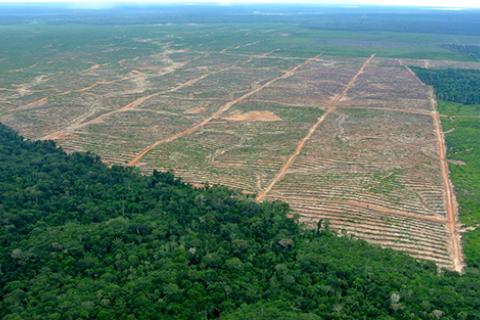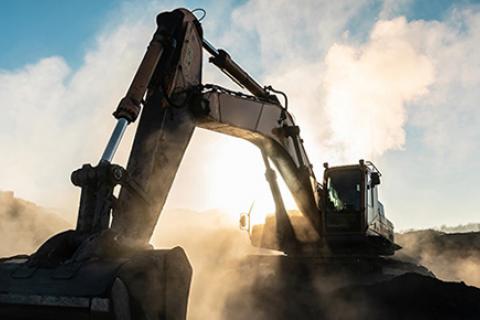Balsa wood is an important input for windmills. Ecuador is the world’s largest exporter of this wood. The invasion of millions of wind turbines in China, Europe and the US means the extraction of metals to build them, as well as the brutal felling of balsa wood trees.
Bulletin articles
Industrial-scale renewable energy infrastructure has seen a revival in the agenda of the ‘energy transition’ and as part of the economic recovery plans in front of the pandemic. Besides, the production of ‘green hydrogen’ from these projects adds another layer of injustices.
In dominant models of energy production and consumption, the centralization of the energy matrix and the concentration of decision-making power remain, and with all the marks of inequalities, patriarchy and environmental racism, even if the source of energy has changed.
The so-called ‘digital economy’ is usually promoted as one that has a relatively low impact on the environment, one in which material resources are largely unnecessary. But what (and who) is being hidden by such images of an almost ethereal and cleaner economy?
Certification schemes seeking to legitimize activities that harm the environment and its people, with terms like “sustainable,” are a survival strategy for capitalism. In the framework of the energy transition, even the mining industry seeks to validate its unstoppable growth. A transition must happen, but in a fair and consensual way, not based on more green lies.
It is imperative to understand the concept of ‘nature-based solutions,’ to name it for what it is: ‘nature-based dispossessions’, and to expose the real threat it poses to territories.
While the concept of ‘Nature Based Solutions’ has eagerly been seized upon by polluting industries, financial institutions and governments, its origins lie somewhere else.
The term ‘nature-based solutions,’ in the context of the exclusionary and predatory projects that gather behind it, reveals something fundamental.
Using “intersectionality” in her reflection, the author highlights how essential it is to understand how various situations of oppression often befall the same subject.
Big polluters are making ‘net zero’ pledges to satisfy the financial players that fund them. So-called ‘nature-based solutions’ are at the core of these pledges –a new corporate brand for offsets.
These companies have destroyed large territories and the devastation that comes with their fossil fuel extraction continues. Now, they are putting forest protection and tree planting at the heart of their climate strategies
The mining sector seeks to gain legitimacy and expand its frontiers of accumulation and territorial control. It does so using a discourse of sustainability and by investing in so-called “nature-based solutions.

